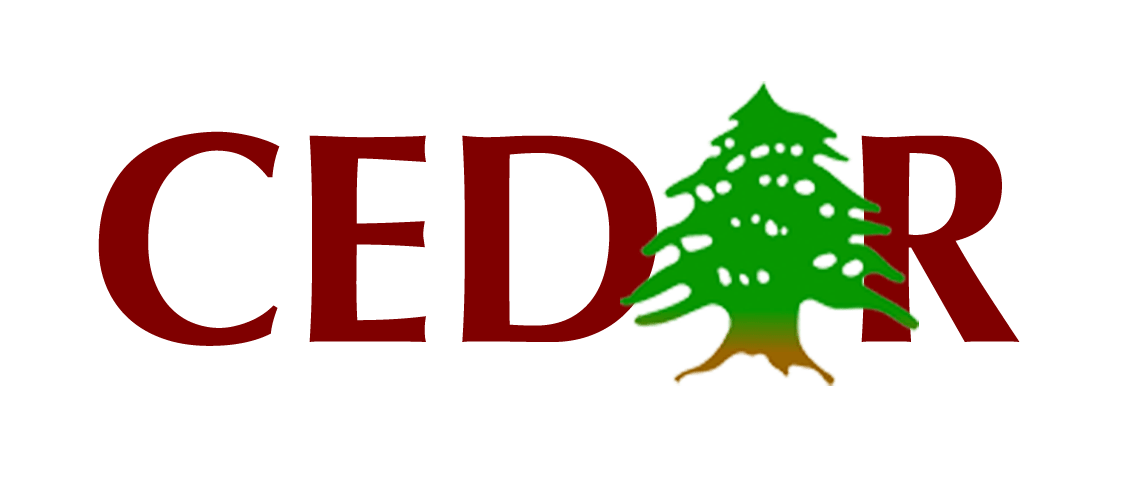Projects
CEDAR

Critical Editions for Digital Analysis and Research is a multi-project digital humanities initiative based at the University of Chicago. It is a collaboration among UChicago faculty members from several departments and schools, together with postdoctoral and student research assistants and scholars from other institutions. CEDAR project teams are working with selected materials from well-known and influential literary corpora that have long histories of transmission and translation, including the Epic of Gilgamesh, the Hebrew Bible, and Shakespeare’s plays. A less well known group of literary texts from 17th-century India is also being employed, consisting of poems written in Middle Bengali and Sanskrit. In contrast to the projects involving these premodern and early modern materials, other CEDAR collaborators are working with more recent, 19th-century materials: in particular, the works of Herman Melville and William Blake.
The CEDAR collaborators are developing, testing, and documenting new methods of digitally representing, displaying, and analyzing manuscripts, textual variants, and diverse editorial readings and translations. The innovative software they are using can represent every textual nuance a scholar may wish to note and it can model the most complex intra- and intertextual relationships, with proper attribution to each author, editor, and commentator. The CEDAR software enables views of textual features and interconnections that are not possible in traditional printed editions or in other software available today. The result is a tool for textual research that goes beyond existing tools to facilitate the most rigorous philological scholarship, on the one hand, and the teaching of complex texts and their histories to students, on the other.
Top: Wireframe image of the tessellated 3D digital model of the South Cave, Northern Xiangtangshan. Xiangtangshan Caves Project, Center for the Art of East Asia, Department of Art History.
